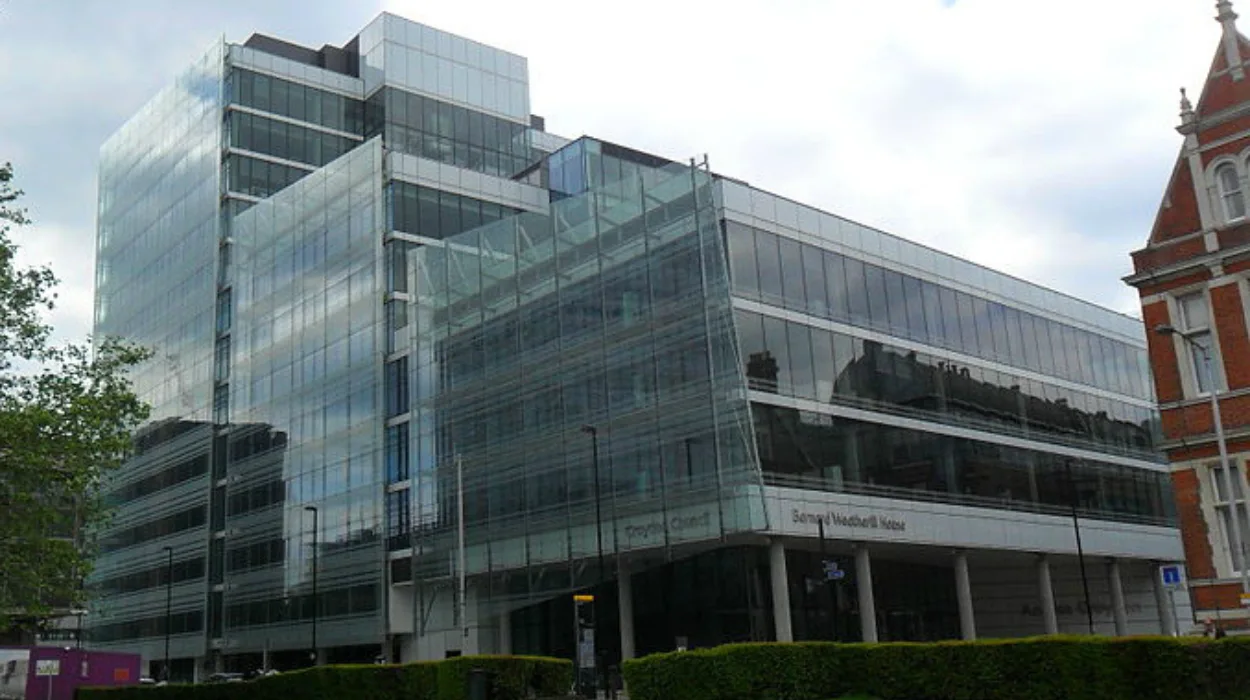Croydon (Parliament Politics Magazine) – Croydon to lead £18.4m government work scheme
has been chosen to lead a £18.4m government scheme aimed at boosting work opportunities and supporting local employment.
Business groups have criticized the government’s £338 million “Connect to Work” program, calling it “another band-aid on a fundamentally broken system that expects sick and disabled people to adapt, rather than workplaces to change.”
Croydon Council has been selected by the government to spearhead the implementation of its £18.4 million “Connect to Work” initiative, which will benefit five boroughs in south London.
More than 85,000 people who are unwell, disabled, or face complicated obstacles to employment will receive localized, tailored support under the £338 million Connect to Work programme, which is spread throughout 15 districts of England.
About 4,800 people in south London—in Kingston, Merton, Richmond, Sutton, and Croydon—will be assisted in finding what the Department for Work and Pensions refers to as “good jobs.”
Croydon West MP Sarah Jones, a junior industry minister in Keir Starmer‘s administration, expressed her excitement over the news.
The Universal Credit Act and other welfare reforms were signed into law on Wednesday. With the exception of severe or terminal diseases, the Universal Credit Act guarantees that the baseline universal credit stipend would increase in line with inflation until 2029–2030.
However, the health component for new claimants will be lowered starting in April 2026 and remain frozen until 2030.
Business executives, meanwhile, have voiced doubts about the government’s plan, arguing that it targets the incorrect segments of the labor market.
“It’s another band-aid on a fundamentally broken system that expects sick and disabled people to adapt, rather than workplaces to change,”
one employer said.
“This programme assumes disabled people are the problem. Intensive coaching won’t help if workplaces remain inflexible about hours and communication support, where Access to Work funding has been slashed and while employers see adjustments as expensive hassles.
Someone who needs frequent hospital appointments will not be seen as reliable. Until we stop forcing people into systems that weren’t designed for them, these programmes will keep recycling the same people through the same failures.”
And another business leader said:
“The government’s latest big and bright idea assumes someone with cancer or another illness doesn’t want to work. They do. It’s other areas of the recruitment strategy that need overhauling.”
In order to guarantee long-term employment results, the program offers businesses and participants job-matching services, individual coaching from employment specialists, and continuing assistance.
Over the following five years, an estimated 300,000 people in England and Wales will benefit. People who are ill, incapacitated, or have complicated obstacles to their ability to work can either self-refer or be referred by medical professionals, local government agencies, and partners in the volunteer sector.
The government wants to achieve an 80% employment rate by reorganizing job centers, addressing economic inactivity, and implementing a “Youth Guarantee” to ensure that every young person is either working or pursuing education. This is because 2.8 million people are unemployed due to illness, which is one of the highest rates in the G7 of largest economies.
The government claims that the fact that over 25% of unemployed persons mention illness as a barrier—up from 10% in 2012—highlights the critical need for job assistance that eliminates obstacles faced by those with disabilities and medical problems.
As part of what it refers to as the Plan for Change, the government has a £3.8 billion job support plan for those who are ill or disabled.
Compared to the £42.8 million allotted earlier this year in west London, which intends to help 10,800 people—some of whom the DWP claims are already finding work—South London’s £18.4 million fund seems insignificant.
“I am proud to support this initiative as part of the government’s wider commitment to get Britain working again,”
said MP Jones.
Why have business leaders called the programme a “band-aid” solution?
Business leaders have labeled the government’s Connect to Work programme a “band-aid” solution because they believe it is a temporary or cosmetic solution to the deeper systemic issues surrounding barriers to employment for sick and disabled people.
The programme has an expectation for sick and disabled people to fit in to rigid workplace settings, instead of an expectation for workplace settings to be flexible and inclusive. Critics of the scheme believe coaching and job-matching will not resolve issues of inflexible working hours, support to communicate with the employer and cuts to existing funding for disability-related support, including Access to Work.
There is a belief the scheme fails to remedy the systemic issues related to recruitment and employment practices, which leaves sick and disabled people with significant barriers to gain and hold jobs.


